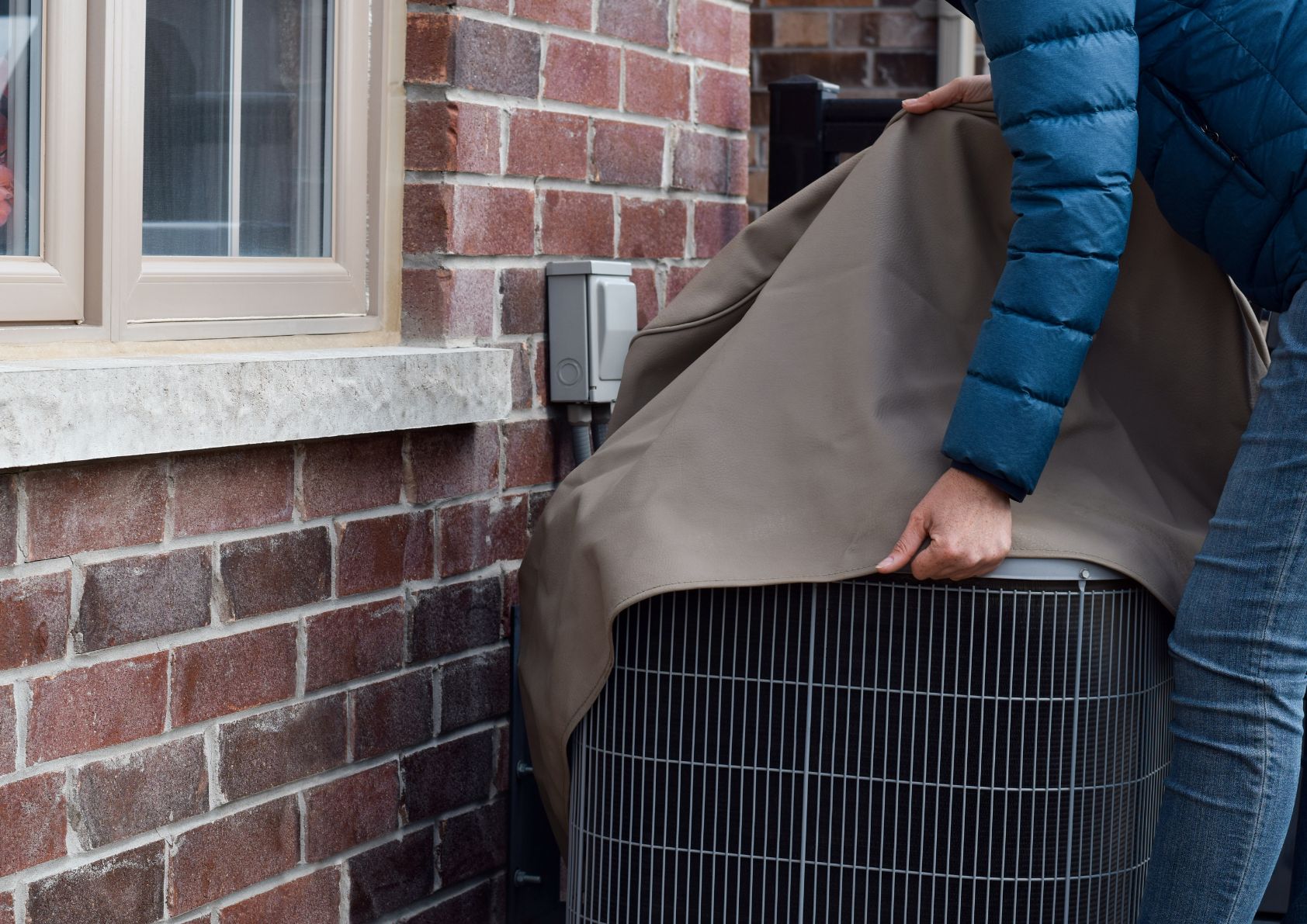Introduction
Buying a home in winter offers unique opportunities, but it also comes with its own set of challenges. Cold-weather house hunting reveals different aspects of a home, from how well it holds heat to the performance of its heating systems. This guide covers the essential factors to consider when buying a home in winter, ensuring you make a smart investment even in the chillier months.
Inspecting the Home’s Heating and Insulation
Winter is an ideal time to evaluate how well a home’s heating and insulation systems perform. Even in Georgia’s milder winters, you’ll want to ensure that the home stays comfortable without wasting energy. Pay attention to how quickly the home heats up and whether any rooms feel particularly drafty. Ask the seller for recent utility bills to get a clearer picture of the property’s energy efficiency. Also, make sure the heating system is up-to-date and well-maintained to avoid unexpected repair costs.

Examining the Roof and Gutters for Cold-Weather Durability
The winter rains can sometimes stress the roof and gutters, especially in homes near the water. When buying a home by the lake, it’s essential to inspect the roof for signs of wear and tear, such as missing shingles or debris buildup in the gutters. A pre-purchase roof inspection will help you avoid costly repairs and ensure the home is prepared for the next round of seasonal rainstorms. Proper roof and gutter maintenance will protect your home from water damage and other issues
- Supporting Data: According to the National Association of Realtors, roof repairs are one of the most costly issues homebuyers encounter, making a pre-purchase inspection critical.
Evaluating Windows and Doors for Energy Efficiency
Even Georgia’s winters can bring chilly winds, which can reveal hidden issues with windows and doors. Check for drafts or cold spots around these areas, which can indicate poor insulation or outdated seals. Investing in energy-efficient windows can make a significant difference, not just for comfort but for lowering long-term heating costs. If you’re considering a home by the lake, look for properties that have well-sealed windows to minimize energy loss, especially with the unique challenges of lakeside home.
Assess Accessibility and Driveway Maintenance
One of the distinct aspects of buying a home by the lake is the outdoor lifestyle. Whether you’re looking at a house with a dock or a lakeside view, it’s important to evaluate the accessibility of the property during winter. While the area generally doesn’t deal with ice or snow, winter rains can make paths and driveways slippery. Ensure that any outdoor steps, docks, or driveways are in good shape and easy to maintain during the cooler months. It’s also helpful to check if the driveway or access road is properly graded for water runoff, ensuring that it remains passable during rainy days.
Cold-Weather Curb Appeal and Landscaping
In winter, properties by the lake may look different compared to the spring or summer months when the foliage is in full bloom. Take the opportunity to assess how the property holds up during the off-season. For instance, evergreen trees, well-maintained pathways, and manicured landscaping can help maintain a home’s appeal even in the cooler months. If the property has a dock or lakeside area, check to see how it fares during winter. A well-maintained outdoor space will enhance the overall aesthetic and ensure the property is functional year-round.
Special Considerations for Lakefront Homes
Lakefront properties have their own unique set of considerations. During the winter, it’s crucial to inspect the condition of the dock (if applicable) and assess any seasonal wear due to fluctuating water levels. In some cases, winter rains or rising lake levels can impact the shoreline or foundation of a home. Ensure that the property’s foundation and structural integrity are sound, particularly if the home is near the water. Ask about any past issues with erosion or water management, as these can be critical when purchasing a home on the lake.
Conclusion
Buying a home at the lake in the winter provides you with valuable insights into how the property performs in the off-season, from heating efficiency to curb appeal. The cooler months can reveal details that may be overlooked in other seasons, helping you make a well-informed decision. Whether you’re drawn to the beauty of lakefront living or looking for a cozy retreat, these tips will guide you through the process of purchasing a home by the lake. Ready to begin your search? Give us a call today at 706-473-2080 to find your perfect winter getaway by the lake.





